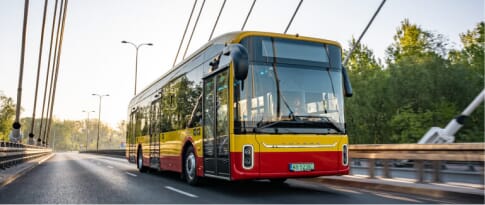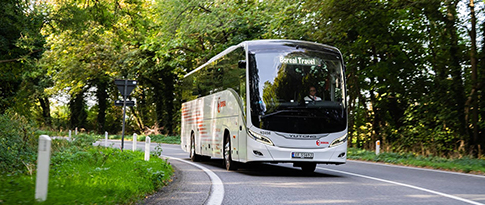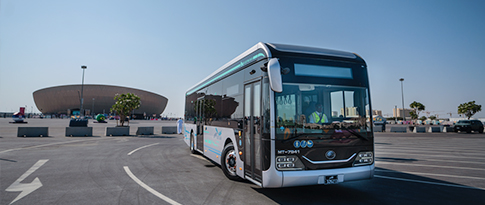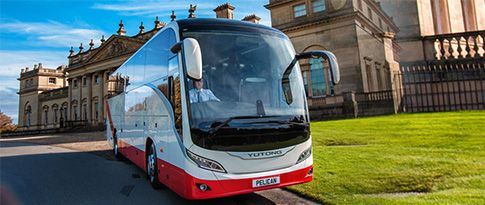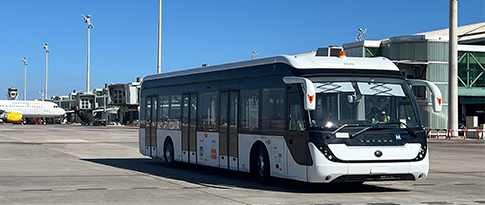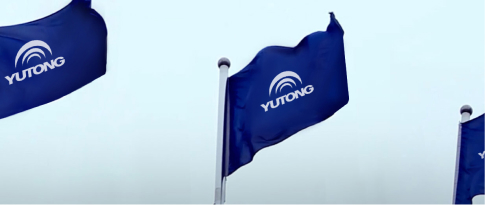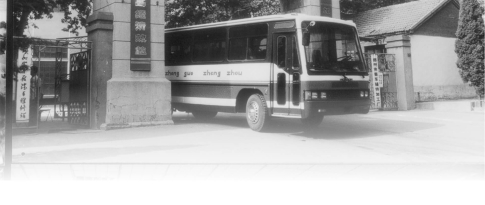Why Does Yutong Initiate Net Zero Forest?
Guided by the belief of "Think Eco, Move Green" , Yutong has established a full-industrial-chain sustainable development system.
Yutong has inspired us to launch a long-term public welfare initiative in 2024 – the Net Zero Forest project. By uniting global Team Zero partners, the project aims to improve the global ecological environment through afforestation and contribute to achieving global carbon neutrality. Central to this effort is our powerful public slogan: "One Bus, One Tree." This embodies our concrete pledge to plant one tree for every bus sold.
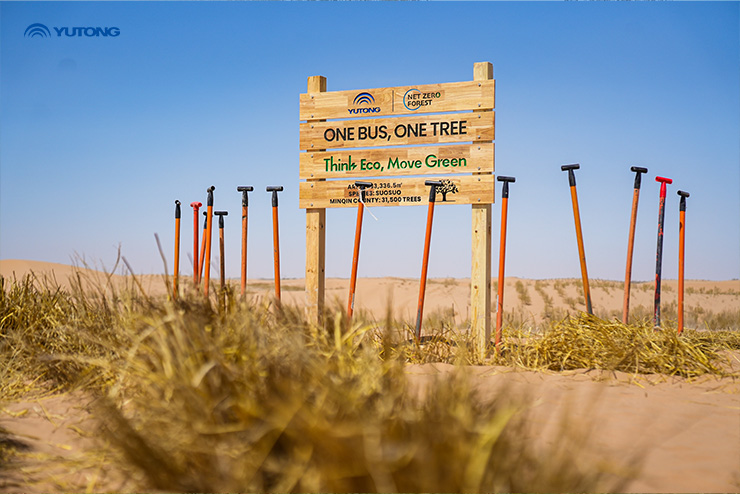
Why Does Yutong Launch Net Zero Forest?
1. Global Trends in Carbon Neutrality Policies
Global climate change has become a shared challenge for humanity, prompting the international community to accelerate low-carbon transformation through policy coordination.
In 2015, the Paris Agreement[1] was officially signed, with its core objective of limiting global average temperature rise ( less than 2°C compared to pre-industrial levels). To realize these goals, it is imperative that global greenhouse gas emissions are reduced by half by 2030 and reach net-zero emissions (i.e., carbon neutrality) by around 2050[2]. Currently, over 120 countries and regions worldwide have set carbon neutrality targets, with most planning to achieve them by 2050. For example, countries such as France, the United Kingdom, and Sweden have enshrined carbon neutrality goals into law.
2. Status of Land Degradation and Desertification
In the 21st century, land degradation now affects 40% of land and 3.2 billion people, with expanding desertification threatening sustainable development and human security. It drives biodiversity loss, causing species to vanish far faster than natural rates and destabilizing ecosystems.
3. Corporate Responsibility
Data[3] indicates the transportation sector accounts for 23% of global annual greenhouse gas emissions, with inland transport contributing 72% of this total. This highlights the enormous decarbonization pressure faced by the transportation sector in addressing global climate change.
As a leader in the new‐energy bus industry, Yutong fulfills its green commitment through sustained public welfare efforts—greatly reducing carbon emissions by promoting new‐energy buses, while also providing zero‐emission bus solutions to the UK at COP26 in 2021, inspiring public enthusiasm for low‐carbon commuting at Australia’s 2024 Green Mobility Week, and launching the ten‐year “Net Zero Forest” initiative to build a green alliance and engage the public.
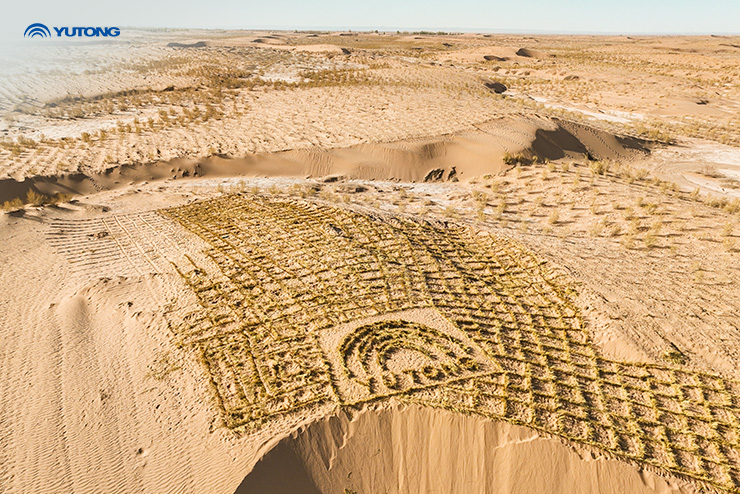
Green Practice of Yutong Net Zero Forest
1. Implementation Achievements of Yutong Net Zero Forest
Our Yutong Net Zero Forest has yielded remarkable outcomes has yielded remarkable results and we mapped out ambitious expansion plans.
In 2024, Yutong actively carried out tree-planting initiatives across multiple countries, including China, the UK, and Chile, successfully planting a total of 36,700 trees. These newly planted trees definitely enhanced local ecological environments and generated job opportunities for residents, spurring regional economic growth.
2. Implementation Regions
● UK
The UK is a pioneer in environmental regulations, with clear requirements for urban greening and carbon neutrality. For example, the Environment Act[4] requires a 10% increase in urban green cover by 2030. Many British cities face challenges of limited green spaces and the urban heat island phenomenon. Yutong collaborates with local partners to promote new energy buses and participate in urban parks and green space development, thereby enhancing the urban carbon sink network to support carbon neutrality goals in densely populated areas. In the UK, 4,500 trees have been planted, encompassing 22 different species, which are expected to sequester 3,042 tonnes of CO₂e over time.
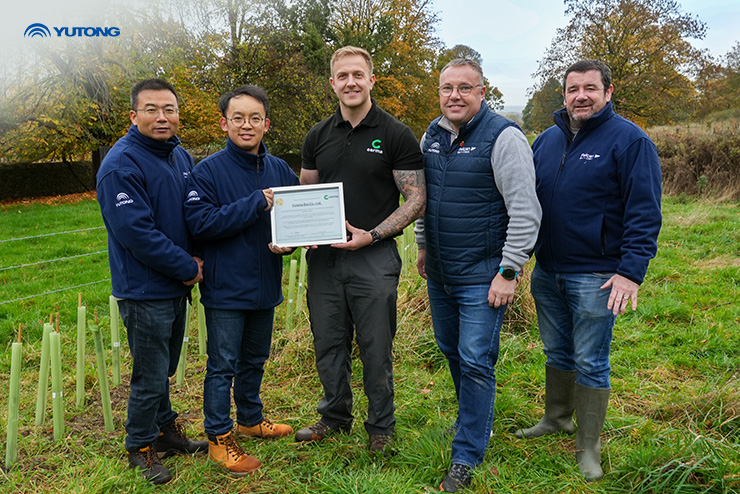
● Chile
Despite its high forest cover, Chile is grappling with ecological degradation in some areas due to climate change. The Chilean government adopted various measures to reduce greenhouse gas emissions. Last year, Yutong planted 700 trees in Chile to help restore forest ecosystems, protecting biodiversity and natural carbon reserves.
● Minqin, China
Minqin, Gansu Province, located at the convergence of the Loess Plateau, Qinghai-Tibet Plateau, and Inner Mongolian Plateau, exemplifies the land degradation crisis. Over 60% of the territory is arid or semi-arid, with desertified land spanning 120,700 square kilometers. Frequent sandstorms not only threaten local ecological security but also impact northern and eastern China through atmospheric circulation.
To effectively tackle drought and desertification in the northwestern region, tree planting, stabilizing sandy soil, and constructing ecological barriers are pivotal measures. In 2024, we successfully planted 31,500 trees in Gansu and plans to increase this number to 35,000 in 2025. These trees will gradually form a green windbreak, playing a crucial role in curbing the southward expansion of the Badain Jaran Desert.
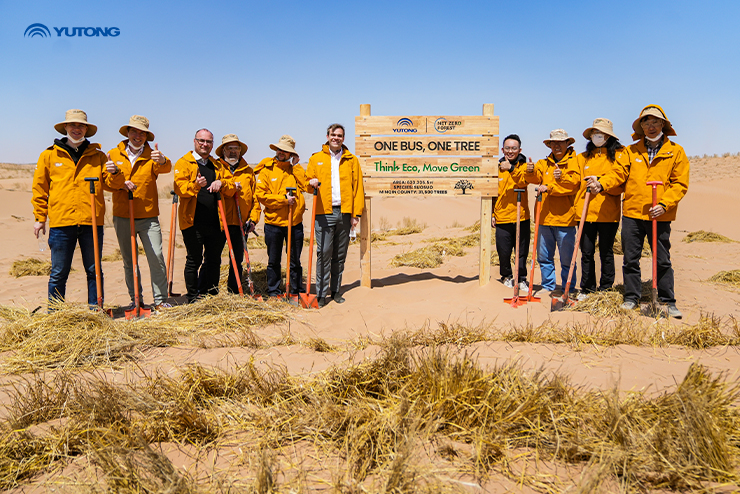
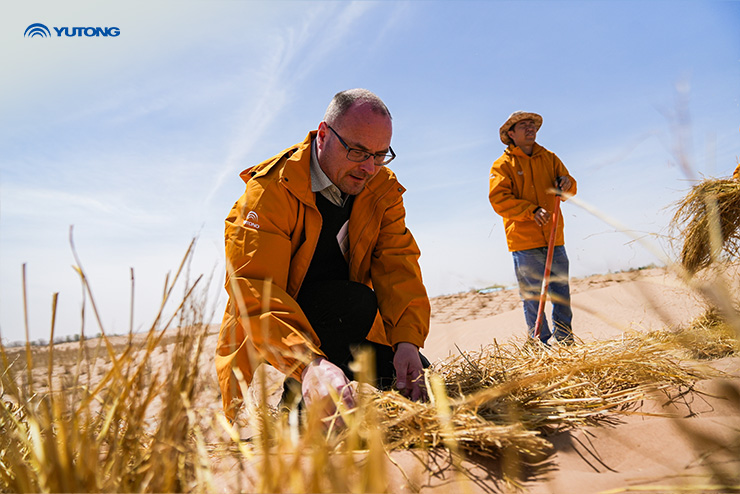
3. Project Tree Species
In the "Net Zero Forest" initiative, we strategically select a variety of tree species to suit the environmental conditions of different regions. For instance, in Gansu's arid regions, we exclusively plant saxaul trees (Haloxylon ammodendron), a species renowned for its extreme drought tolerance. The process involves creating straw grids (woven from wheat or rice straw and laid on the sandy ground) to form a stable base, into which saxaul saplings are then planted and secured with sand.
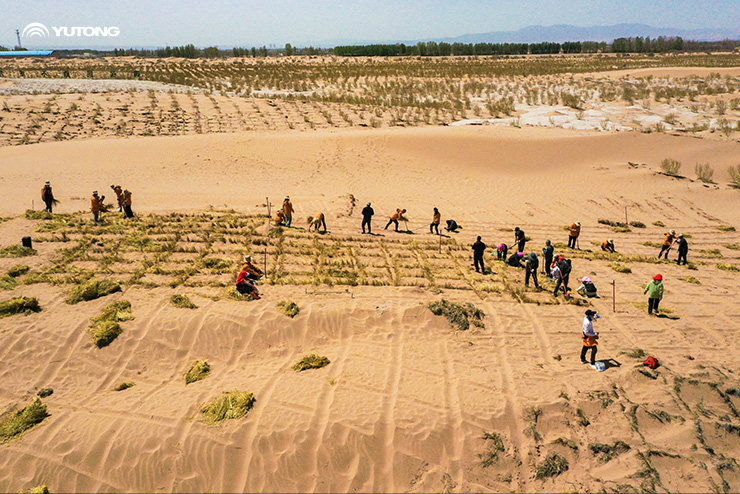
(1) Ecological Roles
● Soil Regeneration: Their extensive root systems improve soil structure, enhancing fertility and aeration to support the growth of other plant species.
● Sand Stabilization: Dense canopies and deep roots trap and anchor windblown sand, reducing airborne dust by up to 60% and improving air quality.
● Microclimate Regulation: Through transpiration, saxaul trees increase local humidity and reduce wind speed, creating more livable conditions for communities in desertified areas.
(2) Social Impact
● Enhancing Environmental Awareness: By promoting localized tree-planting techniques, the project can boost local residents' understanding and participation in ecological conservation, thereby raising their environmental consciousness.
● Driving Economic Development: The implementation of the project provides local residents with employment opportunities, including tree planting, maintenance, and management. This helps to increase their income levels and spur local economic growth.
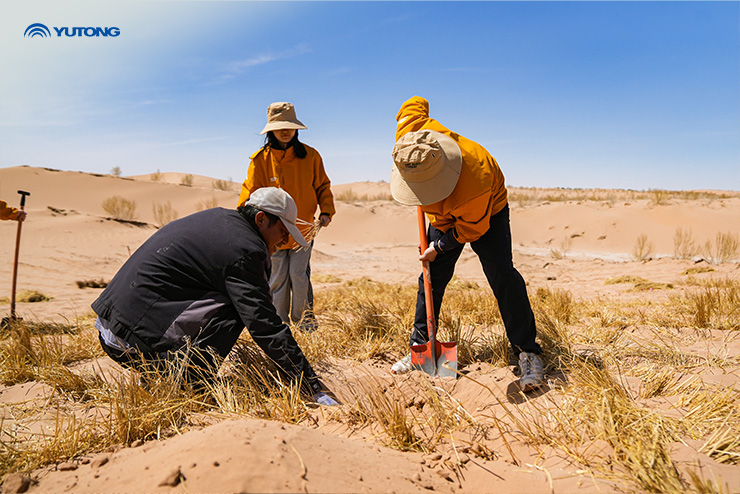
Conclusion
At Yutong Bus, we always adhere to the philosophy of "prioritizing energy efficiency, low carbon, green development, and sustainable operations" by building green and low-carbon factories. we are upholding our decade-long commitment, expanding the program to the UK, Mexico, and beyond in 2025 to plant millions of trees worldwide, increasing forest coverage and advancing global carbon neutrality goals.
Reference
[1] https://unfccc.int/process-and-meetings/the-paris-agreement
[2] https://www.un.org/en/climatechange/net-zero-coalition
[3] https://news.un.org/zh/story/2024/02/1126947
[4] https://www.gov.uk/government/news/new-legally-binding-environment-targets-set-out
Previous News
-

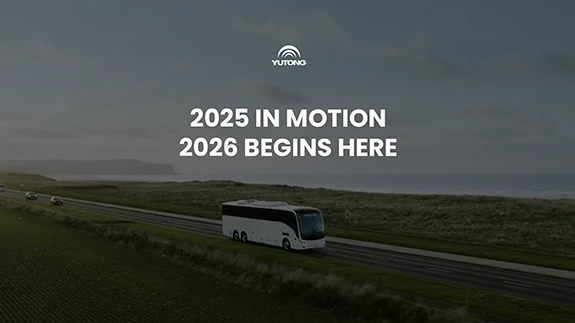
January 27, 2026
Yutong Bus Reports Continued Sales Growth in 2025, Advancing Sustainable Public Transportation Worldwide -

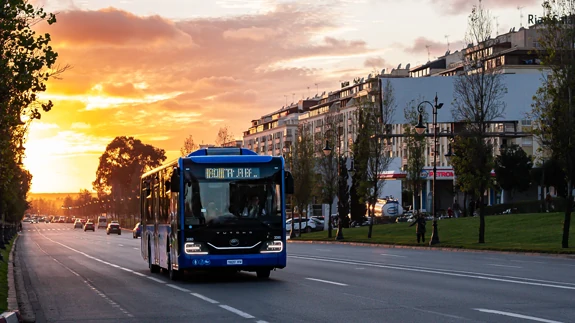
January 20, 2026
723 Yutong Buses Deliver Premium Transport for African International Football Tournament -


December 21, 2025
723 Yutong Buses Ready to Serve the African International Football Tournament with High Quality
Subscribe Now
Get updates you care about.
Submit
